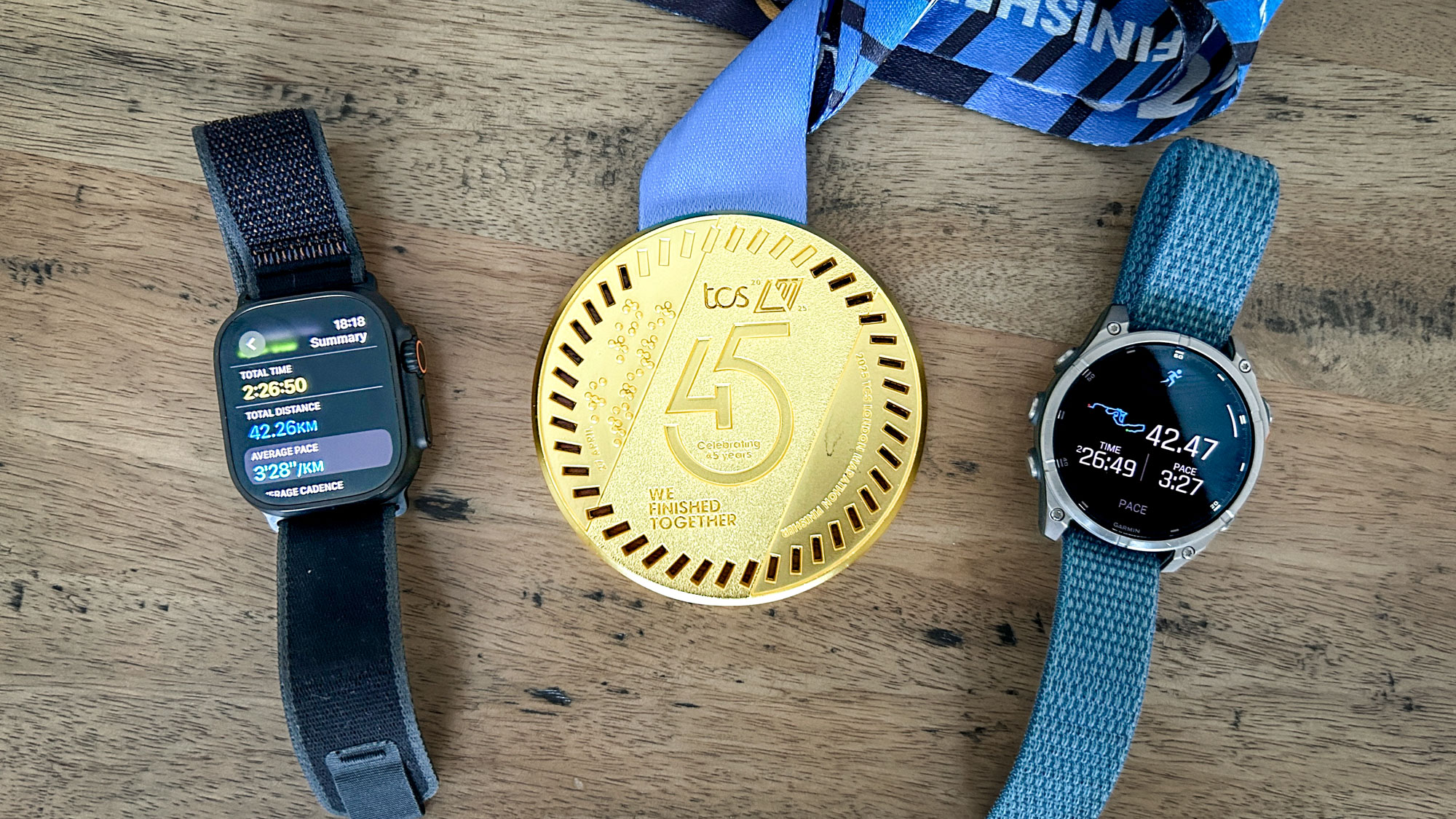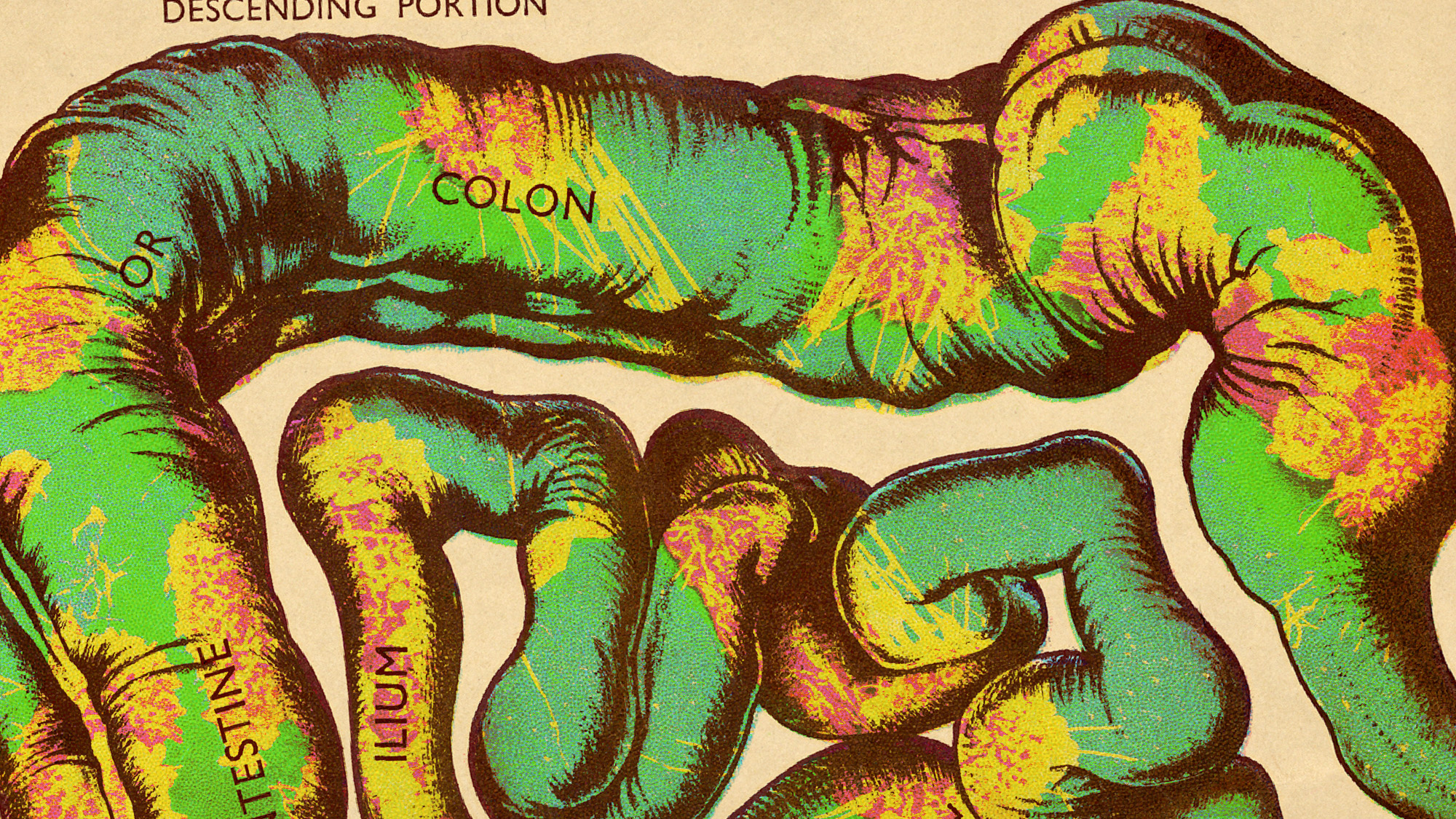Ted Kaczynski's brother reveals the desperate letters he wrote the 'Unabomber' pleading for forgiveness after turning him in... and the brutal reply he received

Ted Kaczynski's brother has opened up about the desperate letters he wrote to the Unabomber pleading for forgiveness after turning him over to the FBI. David Kaczynski, now 75, spent nearly three decades writing to his brother as he languished in federal prison for his 17-year bombing campaign, sending letters and cards, along with books he thought Ted would find interesting. The first came just one month after David told the FBI his Harvard-educated brother was unmasked as the domestic terrorist who had killed three people and injured nearly two dozen others. 'I could only imagine how much Ted resented me,' David recounted to the New York Times, as he described how he wished to talk to Ted face-to-face in prison. 'I wanted to tell him in person that we morally felt an obligation to stop the violence,' he said of his and his wife's decision to turn Ted in. But Ted instead refused to put David on his visitors list, and sent back a scathing three-page letter. 'You will go to hell, because for you, seeing yourself as you really are will truly be hell,' the Unabomber wrote. 'You know me well enough to realize that, above all, I need physical freedom, silence and solitude and that to me permanent imprisonment will be a fate worse than death,' he said following a plea deal that averted the death penalty. 'The real reason why you informed on me is that you hate me,' Ted continued. 'And what you hate me for is your own gnawing sense of inferiority. Your suspicion that I was the Unabomber at last gave you the opportunity to get a crushing revenge on [your] big brother for being smarter and more capable than you are.' The words stung, David said, but he was not surprised by his older brother's reaction. 'Ted's letter confirmed my fear and expectation,' he told the Times. 'It felt like the hand of fate falling.' 'I wasn't necessarily hoping that Ted would understand my point of view well enough to forgive me. But I thought we both deserved a chance to look into each other's eyes and share the truth of our principles and our feelings.' Still, he remained undeterred - remembering how his mother once told him to 'Please remember that you must never abandon your brother, because that's what he fears the most.' Ted had been intensely protective of his younger brother and David seemed to be the only person Ted really cared about, their mother once recounted. As they grew older, David said he helped his brother 'negotiate our social world,' noting he is 'not sure I quite realized at the time just how important I'd become in Ted's life as his best and only friend.' The bombings started years after David moved away, on May 25, 1978 - when a campus security officer at Northwestern was injured while investigating a suspicious package. Another explosive device turned up at the university's technological institute a year later. In the years that followed, Ted became increasingly separated from his family, and by 1985, Ted had nearly cut off all contact with his parents - after angrily accusing them of pushing him too hard to excel academically and blaming them for making a social misfit. He made a few exceptions over the years, including in 1990 when he called his mother to express his condolences after his father - who had been given a terminal cancer diagnosis - committed suicide. Five years later, the Unabomber published a 35,000 word manifesto named 'Industrial Society and Its Future', which claimed modern society was plagued by the increasing role of technology in everyday life and allegedly inspired Luigi Mangione, who is accused of killing UnitedHealthcare CEO Brian Thompson at point-blank range last year. When the ramblings were published online, David's wife, Linda Patrik, urged him to read the manifesto, and asked her husband whether he, too, thought some of the phrases sounded like things Ted would say. 'Without Linda, I probably would have shoved it in a drawer and tried my best not to think about it,' David said. But instead, David spent three months working with a private investigator and a former FBI behavioral science expert to probe whether his brother could be the man behind the bombing campaign. Finally, he reached out to a lawyer - who helped him reach out to the FBI. The tip led to the end of the nation's longest manhunt, and in April 1996 authorities found him in a 10-by-14 foot wood cabin outside Lincoln, Montana. For years afterward, David said he felt remorse, and in October 1996 he tried to apologize. 'I have had to glimpse my own cruelty and it is, as you know, a kind of hell. I do love you,' he wrote to his brother. 'I'm so, so sorry for what I've done and for how it hurts you.' David never heard back from his brother, but continued to make deposits in Ted's commissary account to help him pay for some small purchases at the prison. He also sometimes ordered books for his brother online. By 2007, David took it upon himself to inform Ted that their mother was suffering from a 'serious health crisis.' He appealed to Ted to finally reach out to her, writing: 'Mom has never stopped loving you for a moment. 'In case you don't know, I mean to tell you very clearly that it would mean the world to Mom if you would tell her that you know she loves you.' When their mother was then near death, David contacted the prison chaplain. 'The chaplain never called me back, but instead called Mom's doctor and said Ted didn't want to talk,' he recounted. Wanda ultimately passed away in 2011 at the age of 94. Still, David continued his one-way correspondences with his brother - and was left shocked over the Christmas season in 2021, when a holiday message he sent Ted at the supermax prison he had been imprisoned in in Colorado was returned as undeliverable. He called the prison and was just told that Ted was no longer housed there. From there, David decided to search the Bureau of Prisons online inmate locator, which showed Ted was housed at the Federal Medical Center in Butner, North Carolina - the federal prison system's largest medical complex. When he then reached out to a lawyer who represented his brother at his trial, she informed David she heard that Ted had been diagnosed with late-stage cancer. On Reddit, he also found a letter Ted apparently wrote to someone whose name was scratched out. 'I can't expect to live more than two years at the outside and I may well be dead in less than a year,' the Unabomber wrote in 2022. Devastated by the news, David stepped up the pace of his letters to his brother. 'I needed to tell him that I loved him and to recount the ways in which he'd had a positive influence on my life,' he said. 'But I knew Ted had a very stubborn side, making it highly unlikely I would ever hear from him.' The Unabomber ultimately died by suicide inside his cell at the Butner Federal Correctional Complex at the age of 81. David pleaded with prison officials in the aftermath to get custody of his brother's remains - but prison officials said they were handled according to his handwritten will. To this day, David said, he never learned what happened to his brother's body.



















